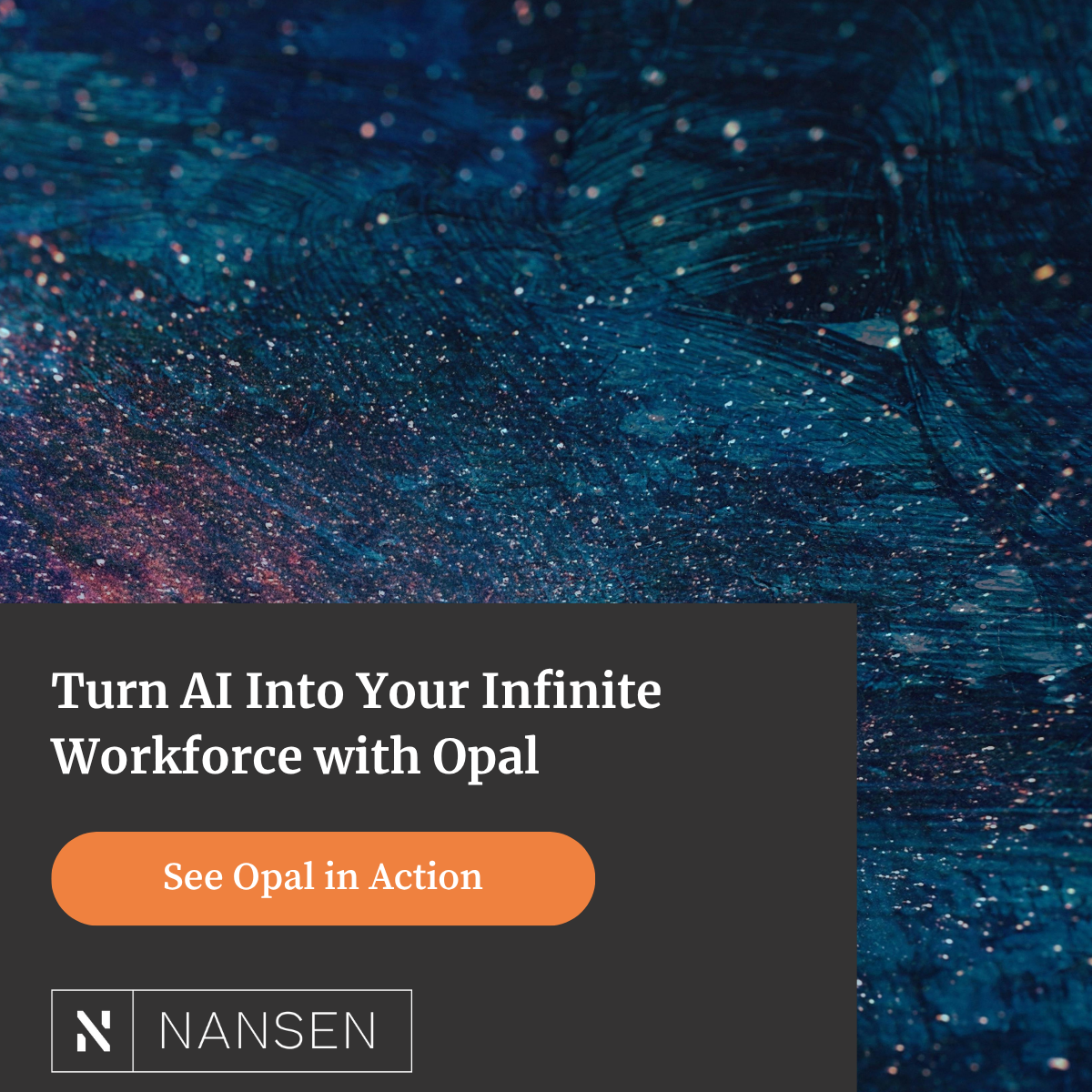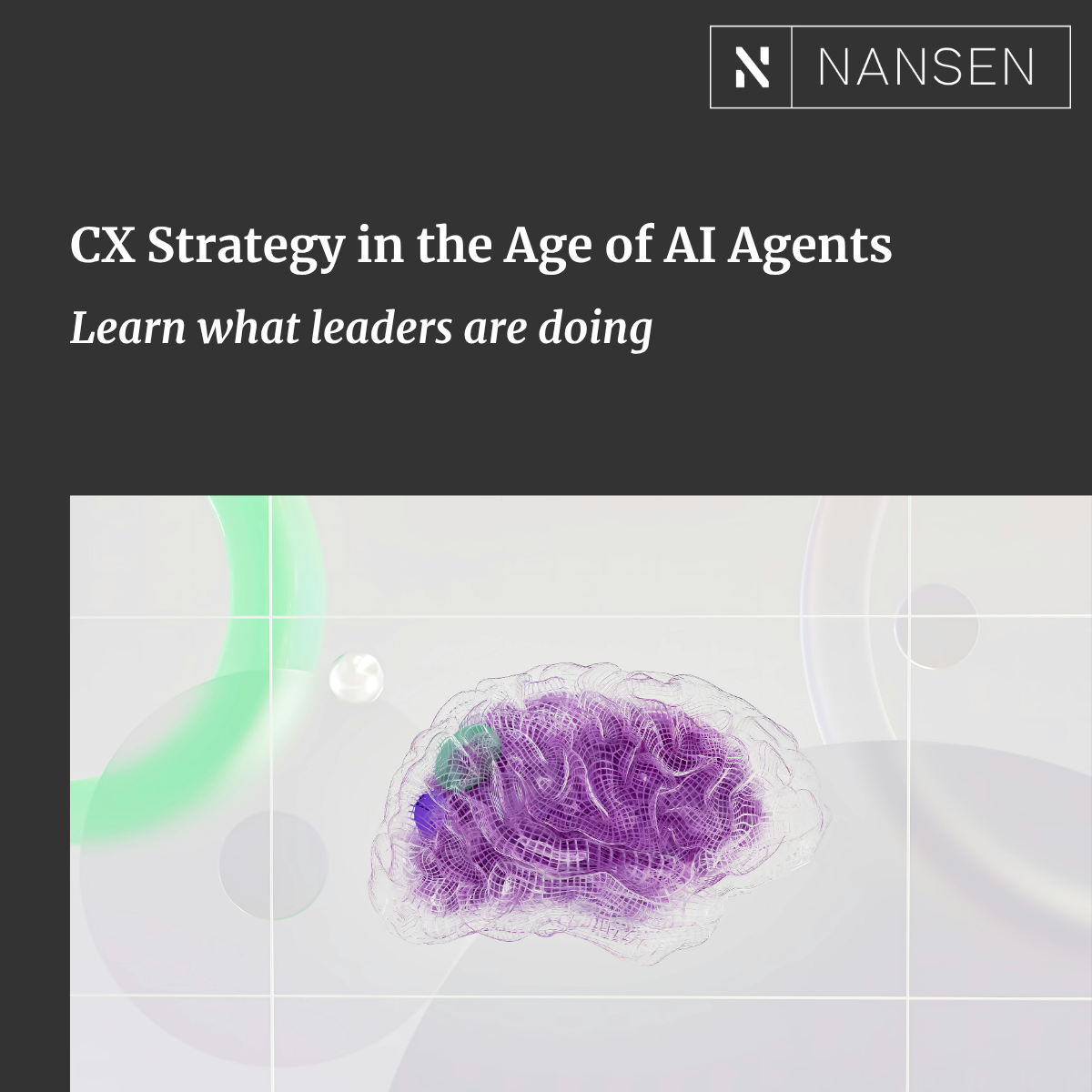There are plenty of reasons to like Google Optimize, the tech giant’s offering for enterprises looking to achieve conversion rate optimization (CRO) on their websites. It has a free tier, integrates well with the larger Google marketing platform, and includes a strong set of features. But Google Optimize is simply not the best-in-class CRO tool for companies that want to deliver powerful, seamless digital experiences—that title belongs to Optimizely.
Optimizely is the experimentation platform of choice for more than 20 of the Fortune 100, and for good reason. Its suite of tools, or digital experience platform (DXP), outperforms Google Optimize on every metric, from experimentation options and flexibility to dashboards and reporting to integrations.
Experimentation and personalization in Optimizely vs. Google Optimize
You could argue that the heart of a CRO tool is its experimentation capabilities. Within Google Optimize, users can choose from a set of three test types—A/B test, multivariate, and redirect—or set up a personalization experiment. These are the essentials, the basic types of test that all CRO tools should include. But Optimizely goes much further.
A/B and multivariate testing are both available within Optimizely, of course, but so are much more sophisticated methods for experimentation. One of the more notable offerings that’s available in Optimizely but not Google Optimize is multi-page funnel testing, which allows users to set up experimental user flows involving more than one landing page. The results of a multi-page funnel test provide far deeper insights about platform performance and give users much greater flexibility in how they put their hypotheses to the test with customers.
When it comes to the personalization tools offered by Google Optimize and Optimizely, the difference between the two is even more stark. Where Google Optimize users can select target audiences from Google Analytics and Google Ads tools and add rules on top of those audiences, Optimizely users can create much more dynamic profiles for customers by pulling in data from multiple third-party sources. Optimizely also allows for targeting options to be combined, providing greater flexibility and accuracy in personalization experiments.
Dashboards and reporting: which CRO tool does it better?
There are significant differences between the analytics dashboards and reports available in Optimizely vs. Google Optimize, beginning at the level of their respective statistical methods.
Google Optimize uses a framework called Bayesian inference and creates session-based reports, which means that the same user can be counted more than once if they logged in multiple times. Optimizely, by contrast, developed its own framework called Stats Engine. Optimizely reports are unique-visitor based, which guarantees that it won’t calculate the same visitor or conversion twice.
What’s more, Optimizely’s dashboard allows users to see the results of a test in real-time. The rapid processing of data by Optimizely means that many users can get insights of statistical significance within hours of launching an experiment.
Integrations with Third-Party Tools: Optimizely vs. Google Optimize
Enterprises use many software tools to keep their websites operating at peak performance, and when those tools can’t “talk” to each other very well, it can cause major headaches. Companies that use Google Optimize can expect to encounter no issues connecting their CRO tool to other parts of the Google Marketing Platform: Google Ads and Google Analytics. But… that’s about it in terms of seamless integration with Google Optimize.
“Powerful integrations for building powerful experiences” is one of the selling points that Optimizely emphasizes heavily for its CRO tool. By combining Optimizely’s DXP capabilities with third-party software (like Salesforce, AudienceStream, Clicktale… the list goes on), digital marketers can set up a robust suite of tools based on their specific needs and goals.
Recently, Optimizely even announced a partnership with Google Cloud that will put Optimizely into Google’s Cloud Marketplace, allowing Google Cloud customers to more easily plug Optimizely into their tech stacks.
In our increasingly digital and mobile-first world, there’s zero question that strong CRO is critical to customer satisfaction and financial success. For small businesses just getting started on their conversion optimization journeys, a free test of Google Optimize may be the right choice at first. For large enterprises that handle lots of website and app traffic and are serious about converting that traffic into revenue, Optimizely is clearly the best CRO tool.













